Scottish Rugby: Mark Dodson open to investment in Edinburgh and Glasgow
- Published
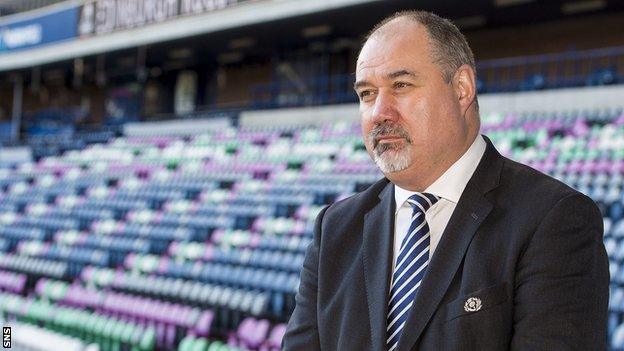
Mark Dodson reckons it costs between £7m and £8m a year to run a professional rugby team
At one point in the conversation Mark Dodson, chief executive of Scottish Rugby, says he's prepared to have a conversation about giving up 51% of SRU control of Glasgow and Edinburgh.
The professional clubs are not for sale, he stresses, but at the right price and to people who will sign in blood their commitment to invest in homegrown talent, he'd talk about a deal.
So how much would it take to get into the room with him?
You pick a number out of the air - £8m-£10m per year- and he says nowhere near.
"I'm not interested at that price because that's barely a year's money," he remarks.
"Somewhere along the lines of £7m or £8m is what it costs to run a really well-financed professional rugby team for a year. You take it on for a five-, six-, seven-year period and that's the kind of quantum we're talking about.
"I'm asking you for £50m-£60m for that kind of control. If your pockets are that deep then we can have that conversation."
The need for investment
That exchange is illustrative of Dodson's mindset. The SRU, much like its counterparts in Ireland and Wales, need fresh investment - and quickly. The rich leagues of England and France have opened up a yawning financial gap and the Celts are left to scramble in their wake.
Dodson has talked to some moneyed big-shots in the past about such things, high net-worth characters he has tried to bring into the loop as he tries to bring more money into the game to feed all the mouths he needs to feed and stave off the threat of losing his box-office players to offers from abroad.
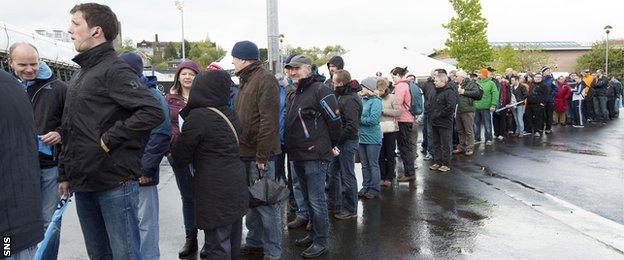
Glasgow Warriors have built their fan base to such an extent that matches at their Scotstoun ground are often sold out
He says: "I've been here five years and it's very difficult to bring new investment into professional teams that are sat inside a governing body.
"It's something we need to think about. It's an odd vehicle to invest in. They're put off by the structure. It's not the normal venture capital, private equity play, so they look at it and think, 'What am I investing in here?'
"I think we have to simplify ourselves to allow people to invest into a structure where they go, 'Ah, I understand that, I can see how it's controlled and where my money is going'."
'Global interest'
All of this begs a fairly obvious question, of course. Why would anybody of sane mind rifle tens of millions of pounds into Scottish rugby?
Dodson says he's thought about this a lot. On the face of it, it makes no sense at all. Glasgow and Edinburgh exist in a tiny market, a Pro12 competition where the total broadcasting revenues amount to £12m, a relative spit in a bucket.
"You can work on the principle that pro rugby is one of the fastest growing sports in the world," he contends.
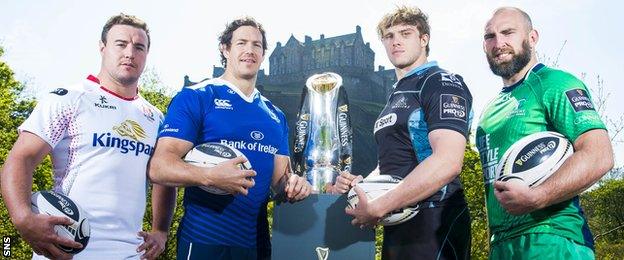
Broadcast revenues for the Guinness Pro12 amount to a relatively modest £12m
"The World Cup in England was a massive success. You've now got interest in this game on a global basis, you've also got money coming into the game from a broadcast perspective the like of which we have never seen before, you've got billionaires investing in England and France and there are only so many clubs available to buy.
"There's a scarcity. If you look at what is happening in football, there's Chinese investment in all four West Midlands clubs now. A few years ago you wouldn't have expected Wolves and West Brom to have Chinese investment.
"I know that's a different world and the market is massive, but there's a demand for sports properties and I believe we can get ourselves to a stage in rugby where we can offer attractive properties at a fraction of the cost of football.
"These people exist. We've done our due diligence on where the money lies and the money is out there, it's out there in spades. It's not for the faint-hearted but the rewards are now becoming tangible. You can see that in England.
"What we need to do is find people who believe in Scotland, who buy into the values of our teams and are prepared to put a flag in the earth and say this is where we want to go."
Once he's found his man, or woman, Dodson could turn his mind to tracking down Lord Lucan, the abominable snowman and the Loch Ness monster. If he can tie down his billionaire, the other three should be a doddle.
'Sustainable clubs'
He knows that the rugby world is shifting fast and that the new money in England and France is the biggest game-changer in the professional era. It's a gargantuan task, but to sit still is to guarantee failure.
Dodson continues: "There's a lot to consider. Look at the domestic game - the grassroots, the clubs. Hugely important stuff,
"We have to make the clubs sustainable. They're asking us to show more leadership and, as a union, we need to do that. We have to show our clubs that we're as determined to be strong in the domestic game as we are in the professional game.
"Maybe that message hasn't gone out from Murrayfield in the past."
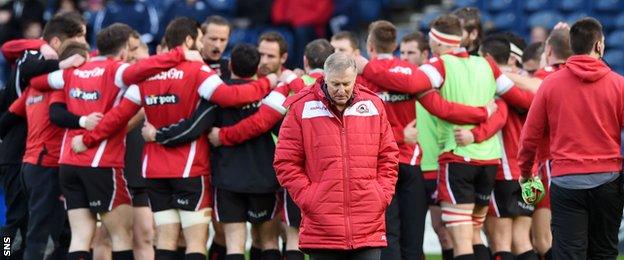
More is expected of Edinburgh and head coach Alan Solomons in the coming season than a ninth-place finish in the Pro12, the team's position in 2015-16
He has other messages. Edinburgh's failure, again, to make the top-six of the Pro12? "It can't carry on. They all know it. They've got a much more balanced squad this season, more firepower and more depth," he says.
"Finishing where they did last season is not acceptable and Alan (Solomons, head coach) was the first to say it."
And, to conclude, something surreal - Bunnygate. The embarrassment that fell on the SRU after Jim Hamilton's tale of a pre-World Cup day out with the French marines was acute. In the telling of a graphic and utterly surreal tale of rabbits getting brutally killed and eaten by the Scotland squad, Hamilton applied more top-spin than Andy Murray would get through in a season.
But, still, the fact remained that some rabbits were killed, even if it didn't happen in the way the former Scotland player suggested.
"Let me be clear," says Dodson. "It shouldn't have happened and it won't happen again. If you listen to Jim's podcast he's telling a very tall tale which he has admitted was wildly exaggerated. It doesn't stop the fact that things happened on that survival trip with the French marines that shouldn't have happened and will not happen again.
"We're very, very sorry for any distress it has caused."
- Published19 August 2016
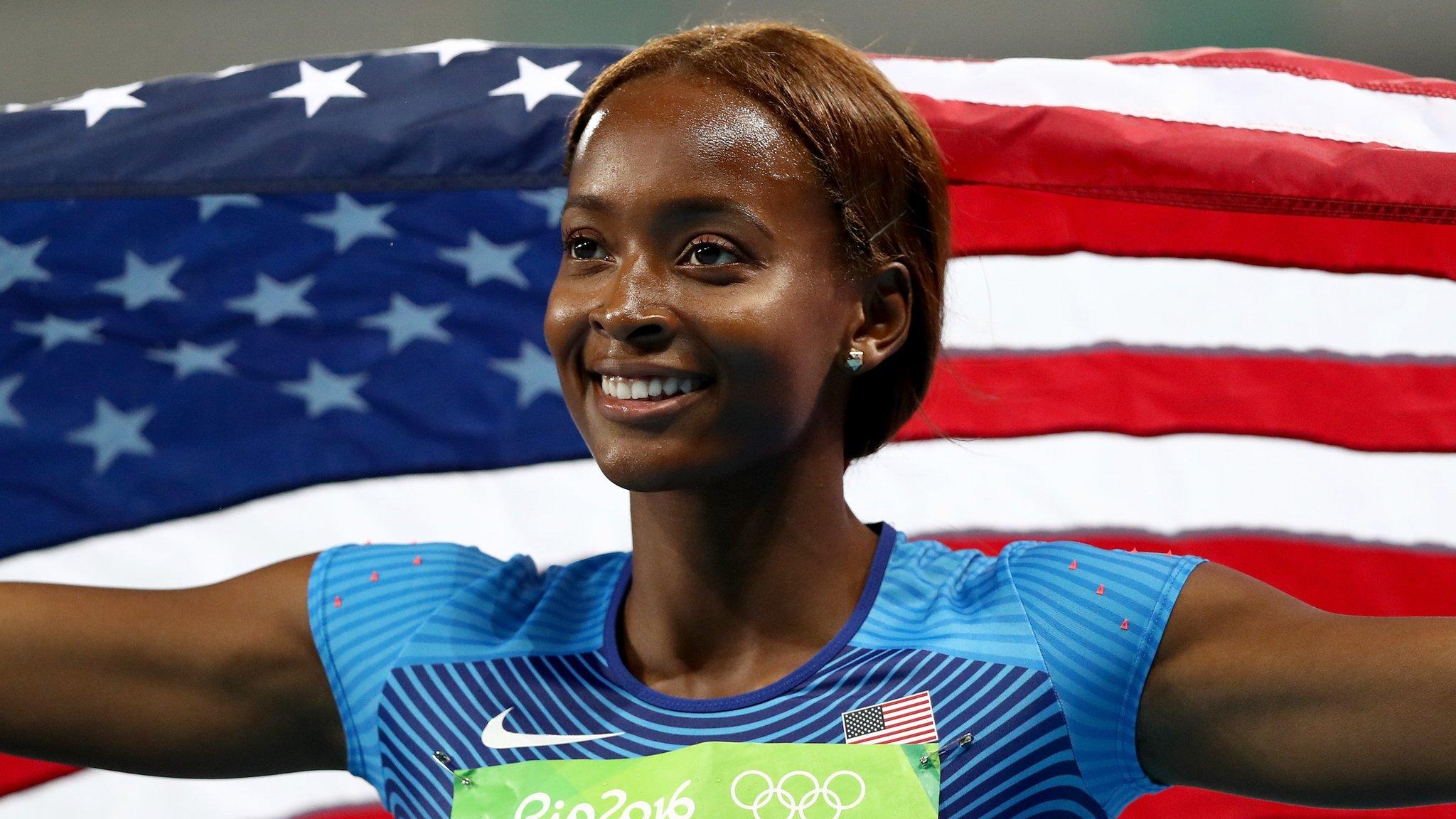
- Published18 August 2016
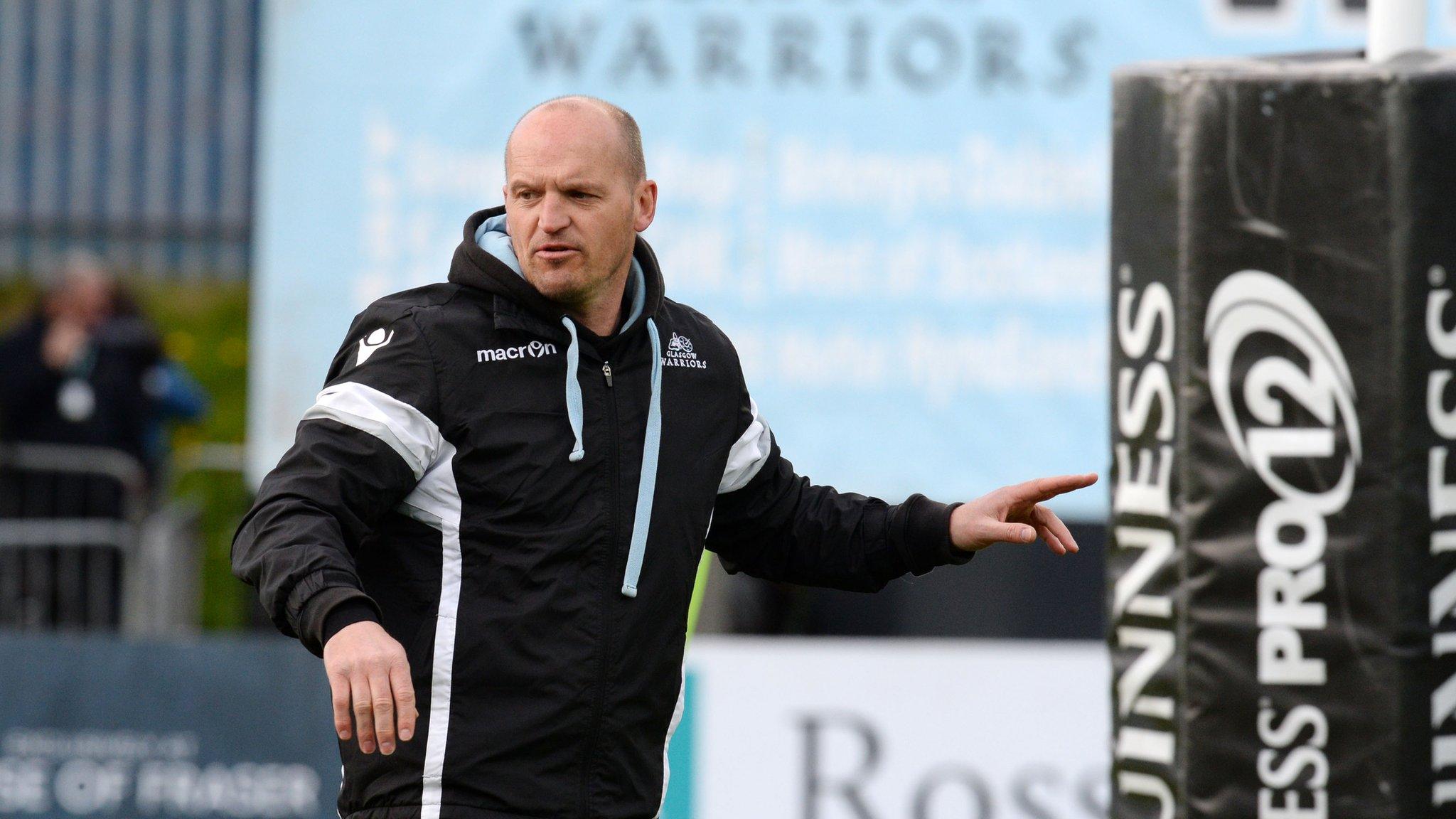
- Published18 August 2016
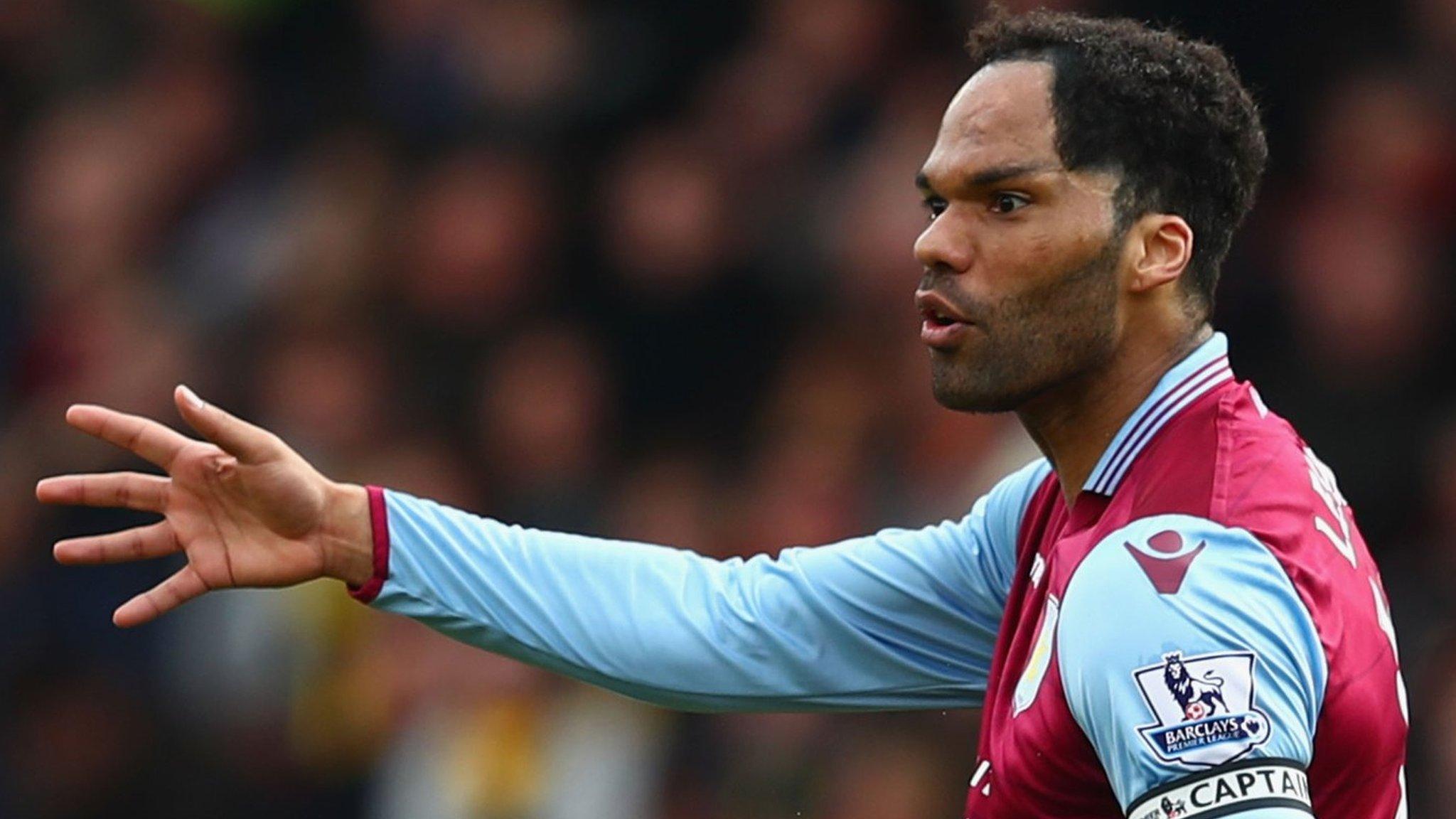
- Published14 September 2016
